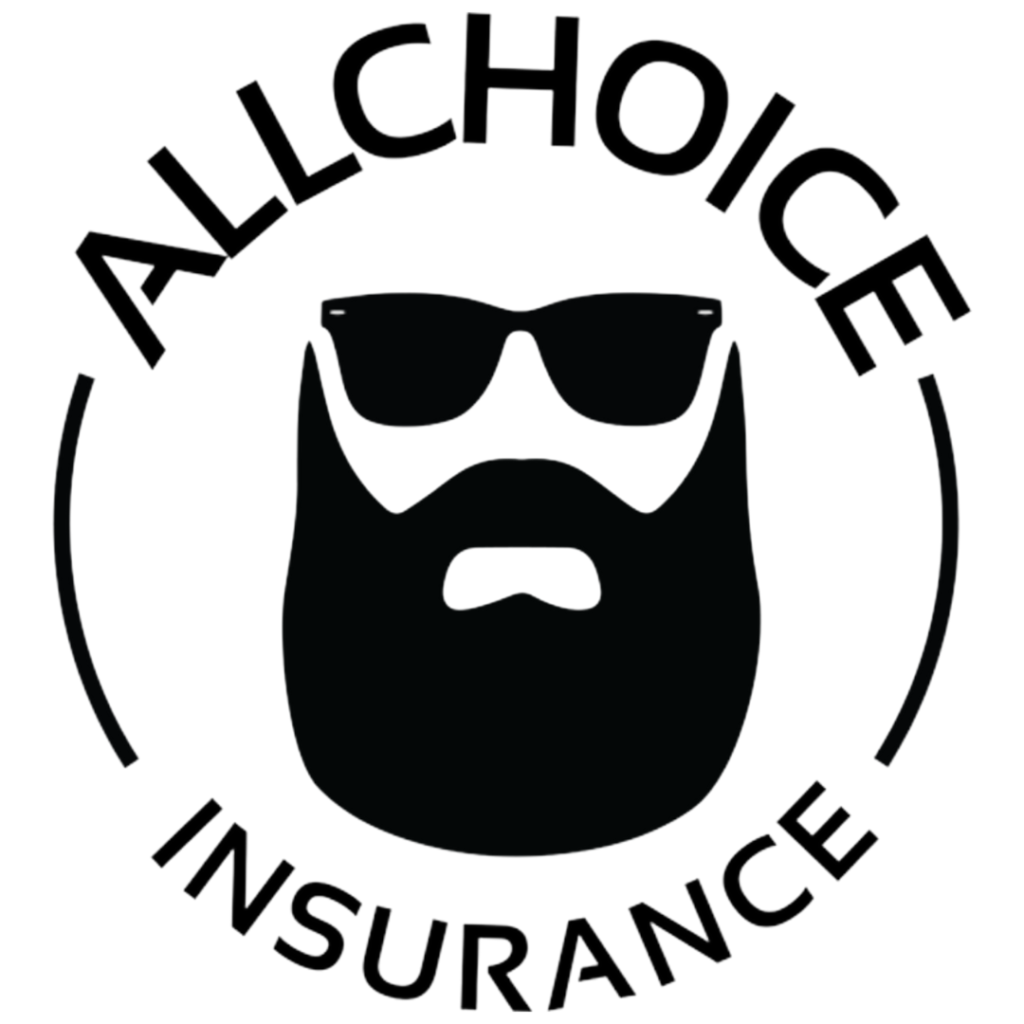How Much Does Umbrella Insurance Cost?

Umbrella insurance serves as a protective net, bridging the gap when liability claims exceed the limits of homeowners insurance, auto, and boat insurance policies. It covers various liability claims such as bodily injury, property damage, and landlord liability, offering a wide range of protection. Furthermore, umbrella insurance includes legal expenses for issues like slander, libel, defamation, invasion of privacy, wrongful eviction, and wrongful entry.
One key feature of umbrella insurance is that it extends its liability protection to the members of the policyholder’s household. What is the extent of this liability protection, and which scenarios aren’t covered? These elements deserve a closer look.
The Breadth of Liability Protection
Umbrella insurance offers broad protection, specifically covering liability above standard policies. It is designed to give additional financial security beyond the limits of other insurance coverage. It extends beyond the limits of standard insurance policies like auto or homeowners, offering extra protection when those policies are insufficient. It applies to the policyholder and other members of their family or household, covering a wide range of liability risks.
Moreover, umbrella insurance offers worldwide coverage, making it beneficial for inexperienced drivers, owners of certain high-risk dog breeds, and individuals engaging in various activities, including international travel.
Uncovered Scenarios: What’s Not Protected
While umbrella insurance offers broad coverage, it’s important to understand its exclusions. Typically, a personal umbrella insurance policy excludes coverage for:
Personal injuries of the policyholder
Damage to their own property
Damages intentionally caused by the policyholder or a covered member of their household
Additionally, liabilities assumed under the contract, including certain business-related losses, are usually not covered unless specifically endorsed.







